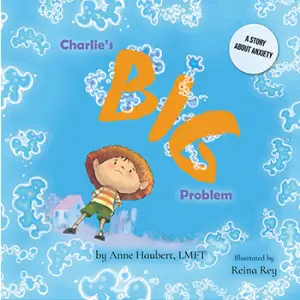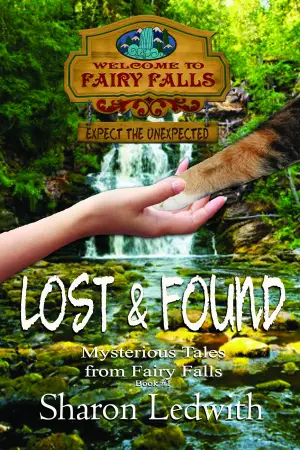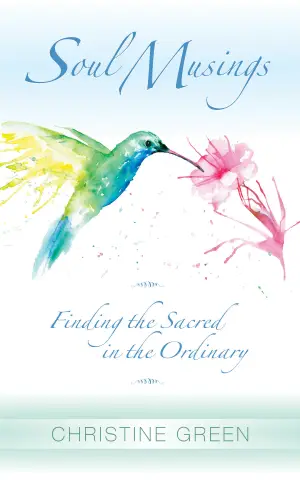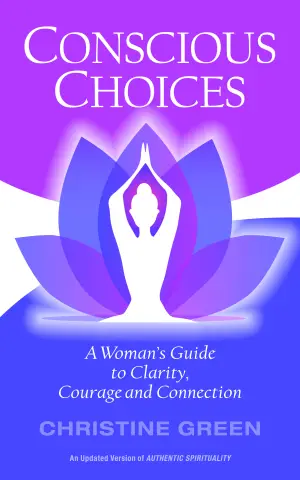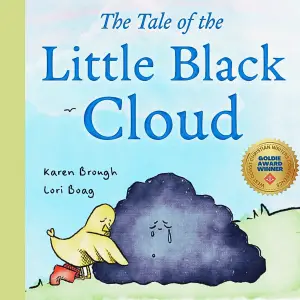A Journey to Less: Reflecting on The Day the World Stops Shopping by J. B. MacKinnon
As modern life swirls around us in a whirlwind of flashy ads and endless shopping options, J.B. MacKinnon’s The Day the World Stops Shopping: How Ending Consumerism Could Save the Planet caught my attention like a breath of fresh air. It feels almost prophetic in its exploration of the world we live in—a world increasingly defined by its consumer behaviors. This book isn’t just about curbing our shopping habits; it’s about envisioning a future where purpose can replace consumption, and joy can stem from simplicity.
MacKinnon takes us on a thought-provoking journey, pinning down the idea that living with less could not only transform our personal well-being but also save our planet. The statistics he shares are mind-blowing. For instance, the Global Footprint Network reveals that humanity is currently consuming 2.7 global hectares per person, far beyond what Earth can sustainably provide (Page 32). Such facts force us to re-evaluate the way we think about our daily choices, nudging us toward a lifestyle that prioritizes well-being over material accumulation.
What stood out to me was MacKinnon’s writing style—engaging yet insightful. He weaves personal anecdotes and rigorous research into a narrative that feels both accessible and enlightening. The pacing kept me turning pages, and as I read, I often found myself pausing to reflect on my own habits and the ways in which they impact not just my life but the ecosystem as well. His concept of a world without shopping intrigued me deeply, especially as he illustrates how Ecuador, a nation that embraces sustainable consumption, ranks surprisingly high in happiness compared to richer countries like the U.S. (Page 39). This contradiction is a poignant reminder that material wealth doesn’t equate to personal fulfillment.
Certain quotes resonated with me profoundly, such as the notion that “materialistic values are not good for our mental health.” It was eye-opening to consider the correlation between consumption and emotional well-being (Page 119). Furthermore, when MacKinnon mentions the drastic reduction in carbon emissions during the COVID-19 lockdown, it sends chills down your spine—evidence that real change is possible if we dare to pause and rethink our priorities (Pages 62-67).
By the end of the book, it’s clear that MacKinnon doesn’t just want us to quit shopping; he wants us to reimagine what our lives could become if we collectively reduce consumption. He poignantly states, “A world that stops shopping is not something we will do, but something we have to make” (Page 288). This challenge flips our perspective, inviting us to imagine an alternative reality where our choices are guided by values rooted in community, ecology, and joy rather than fleeting pleasures.
I wholeheartedly recommend The Day the World Stops Shopping to anyone who is ready to confront the consumer culture that dictates our lives. It’s a call to action for environmentalists, minimalists, or anyone feeling weighed down by the excess of modern living. Ultimately, this book ignited a spark within me to reconsider my own habits and inspired me to explore a world that might just be better when we choose to consume less.
In a time where the planet is crying out for change, MacKinnon’s insights resonate more than ever. This isn’t just a book; it’s a movement towards a more meaningful existence. If you’re ready for a riveting read that will make you reflect and perhaps even change your life, this one is for you. Let’s embrace the journey to less together. 🌍✨
Discover more about The Day the World Stops Shopping: How Ending Consumeris… on GoodReads >>

